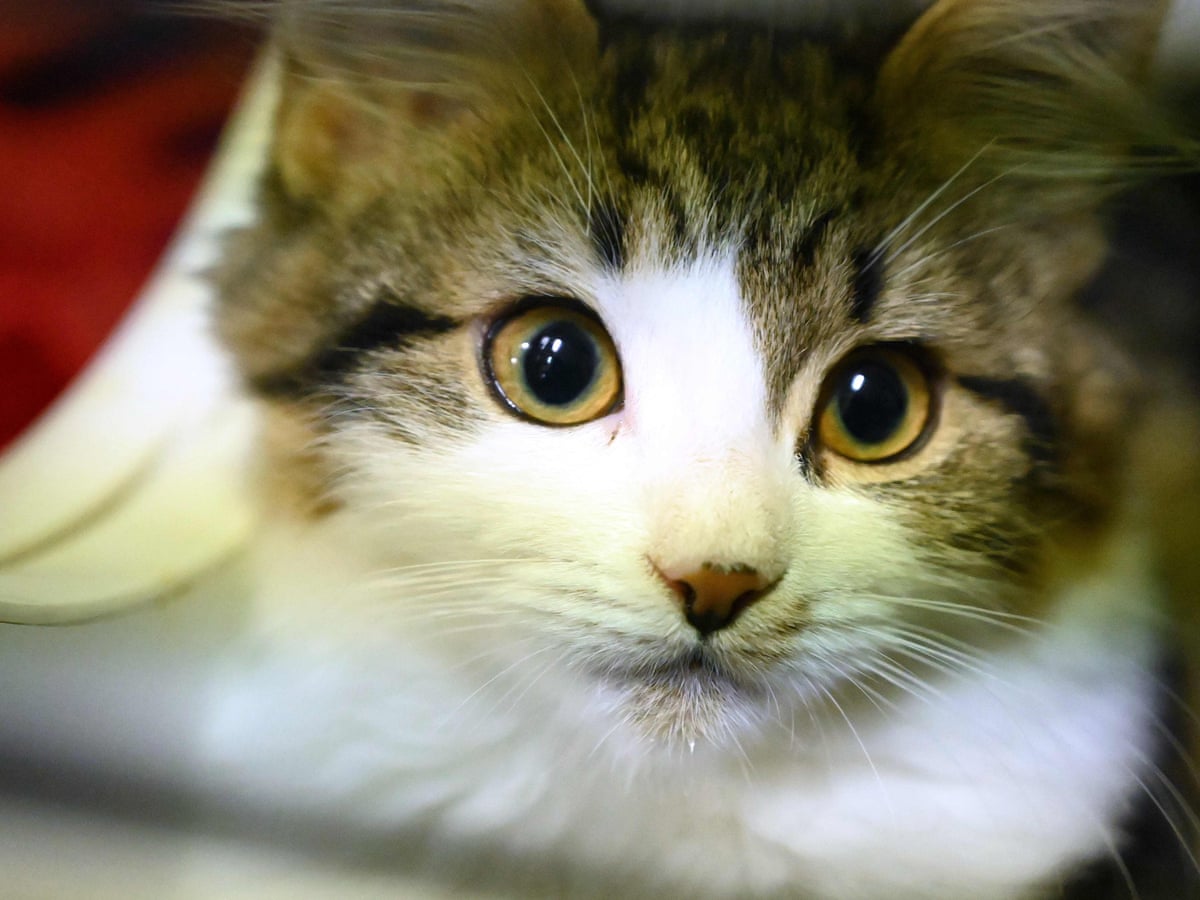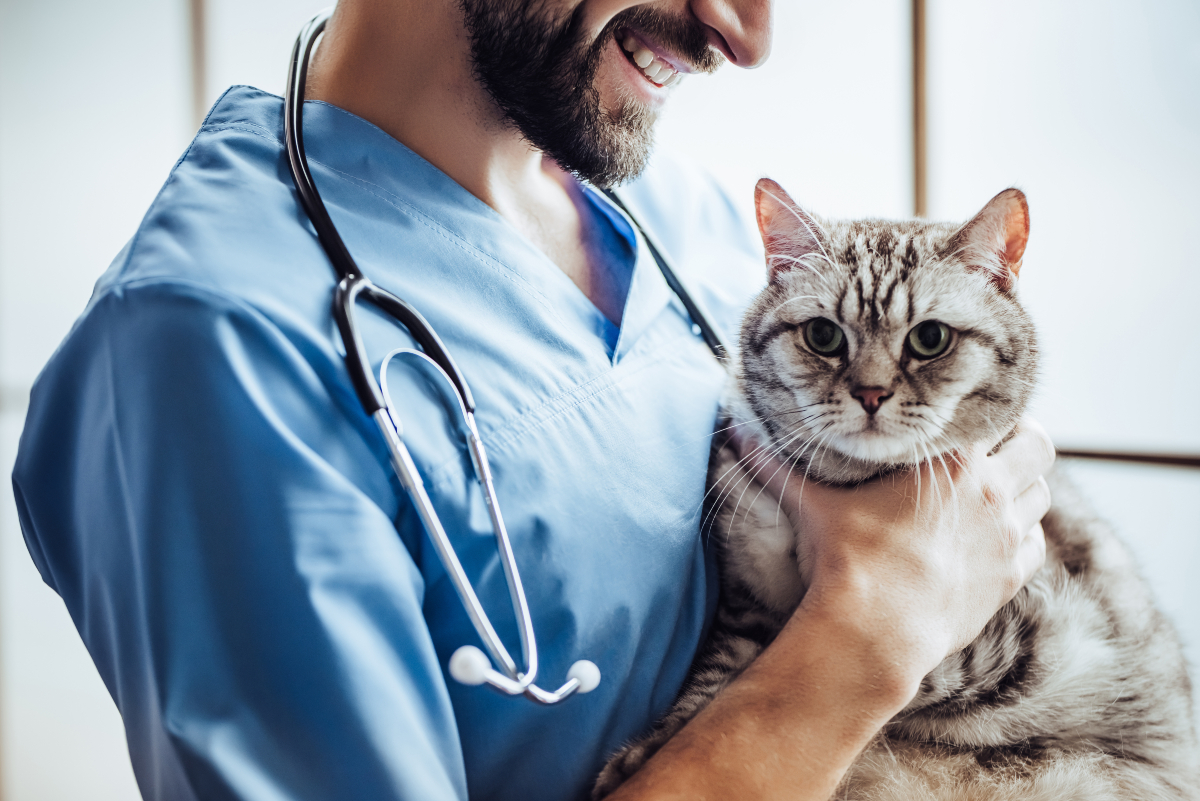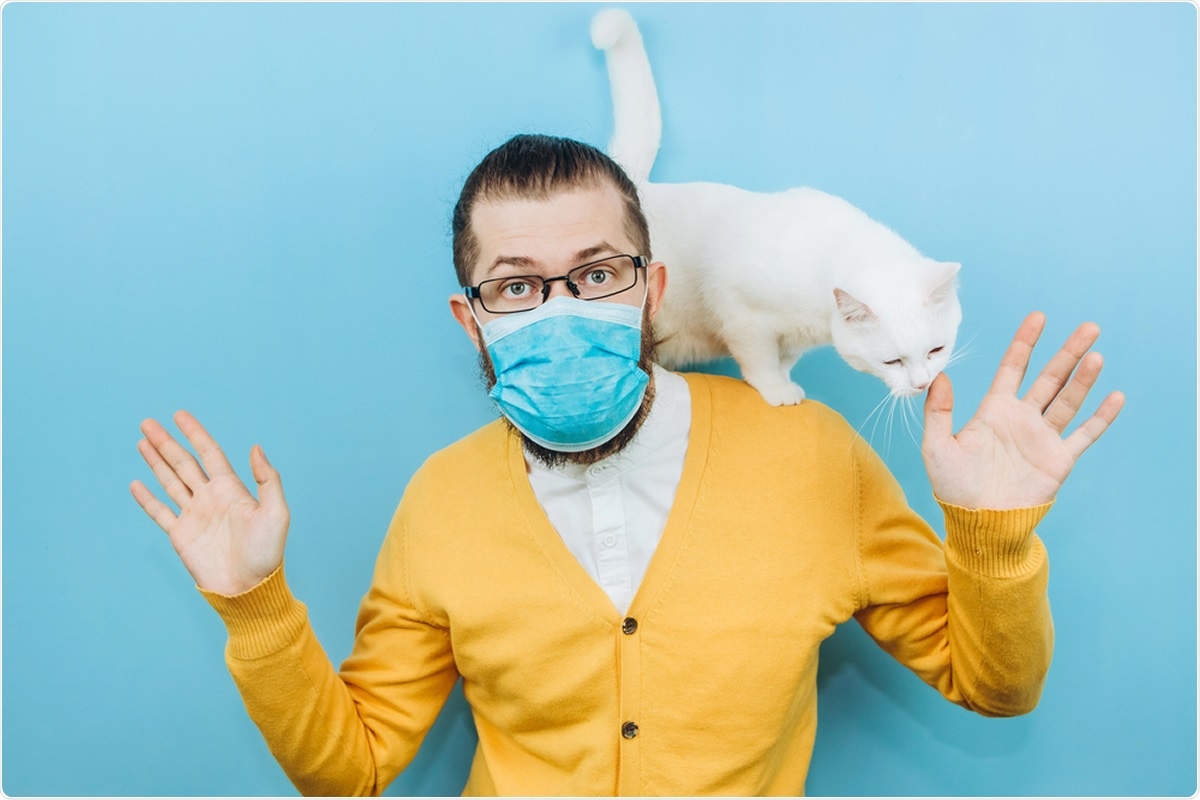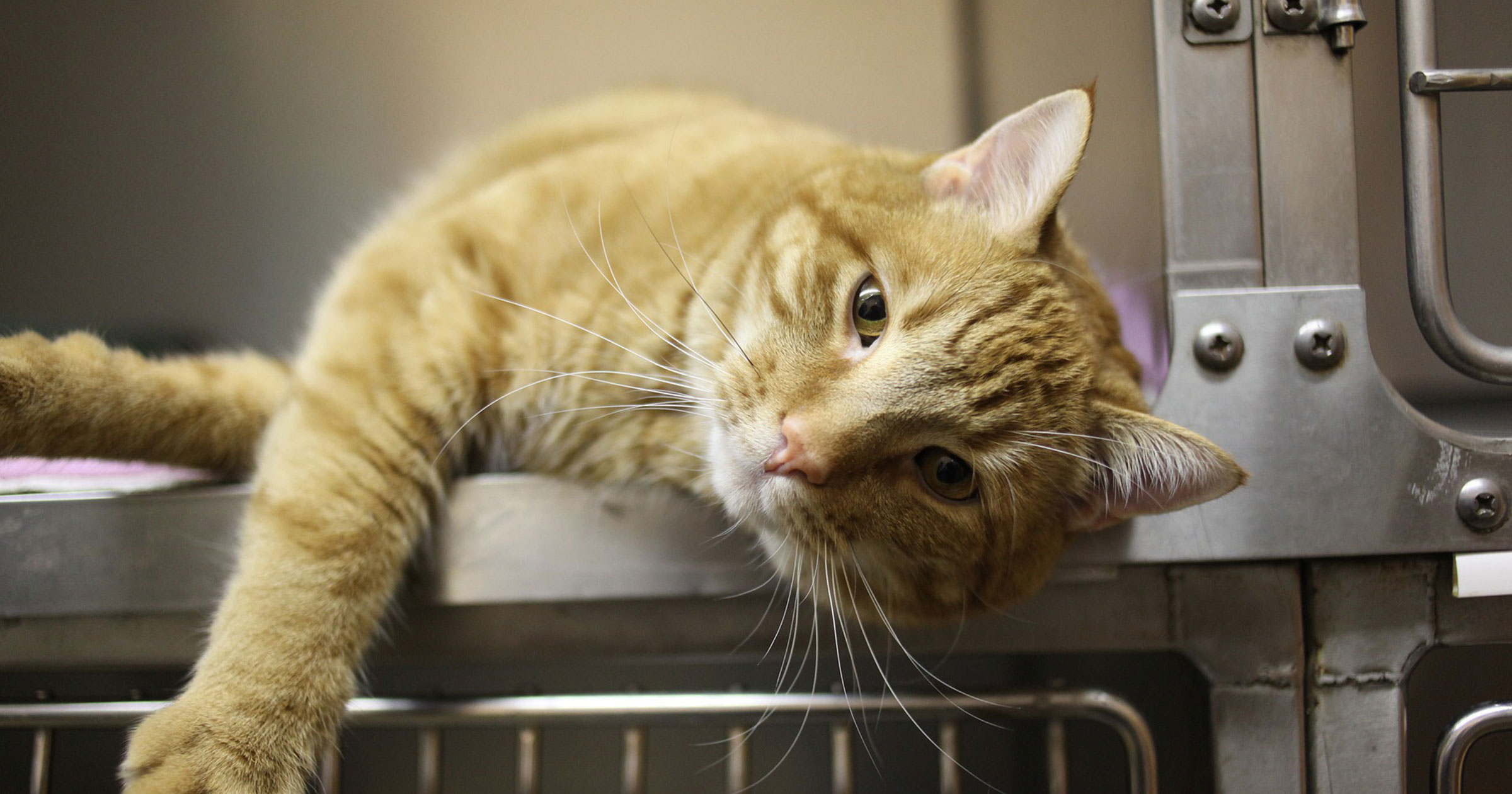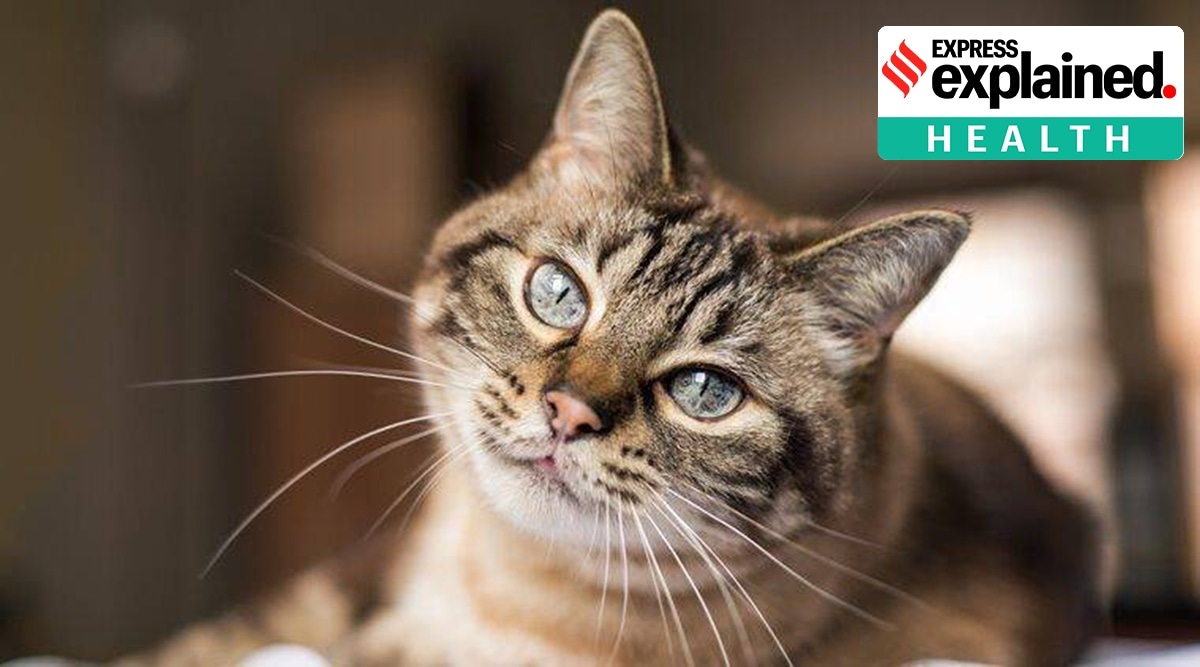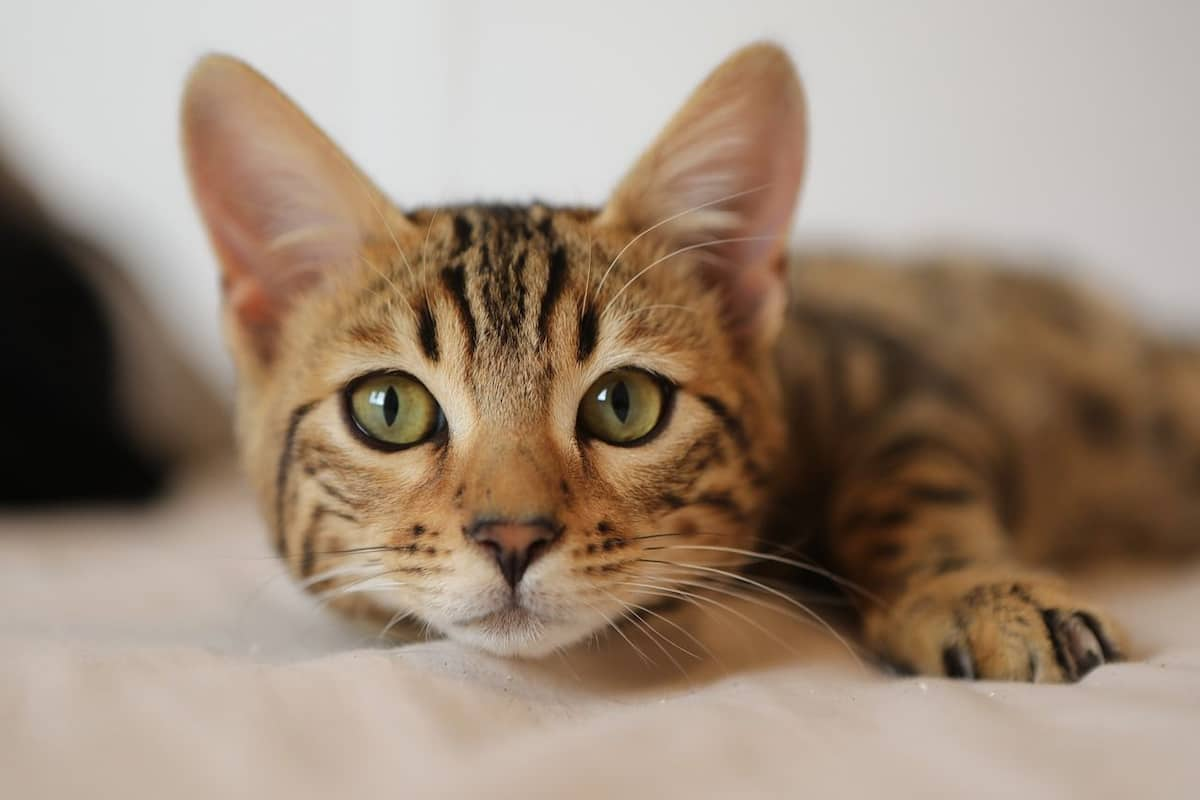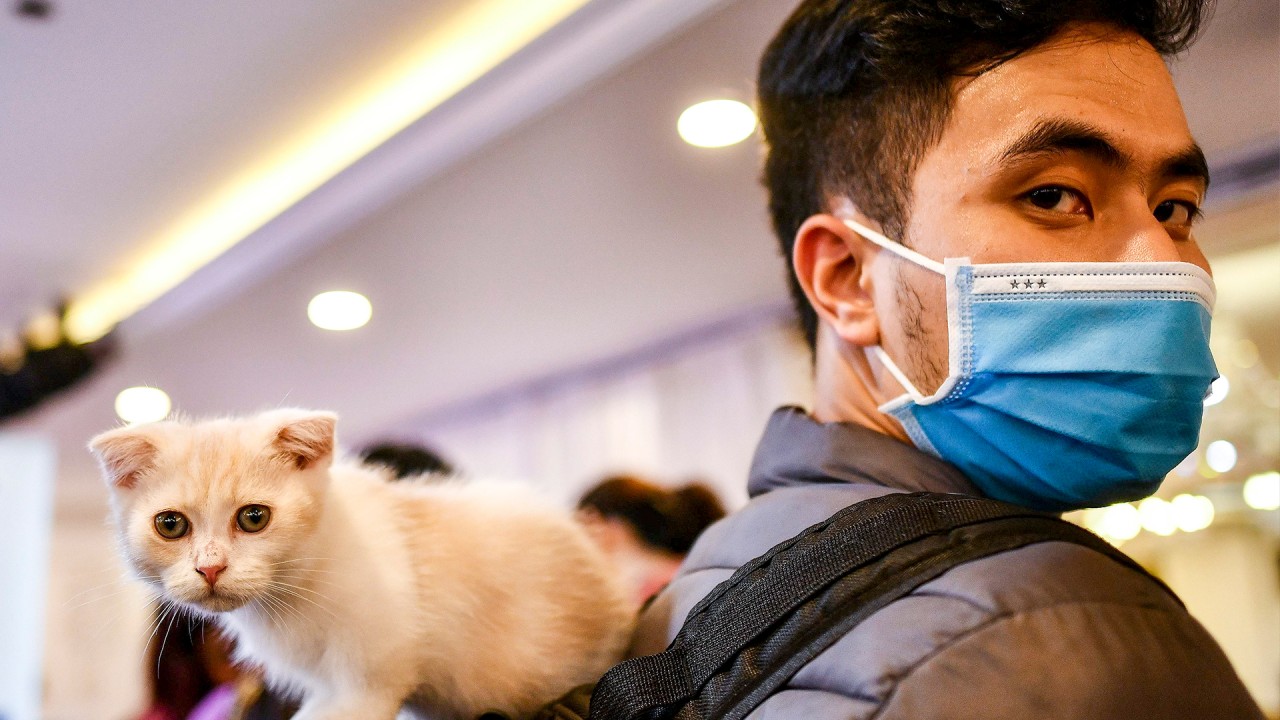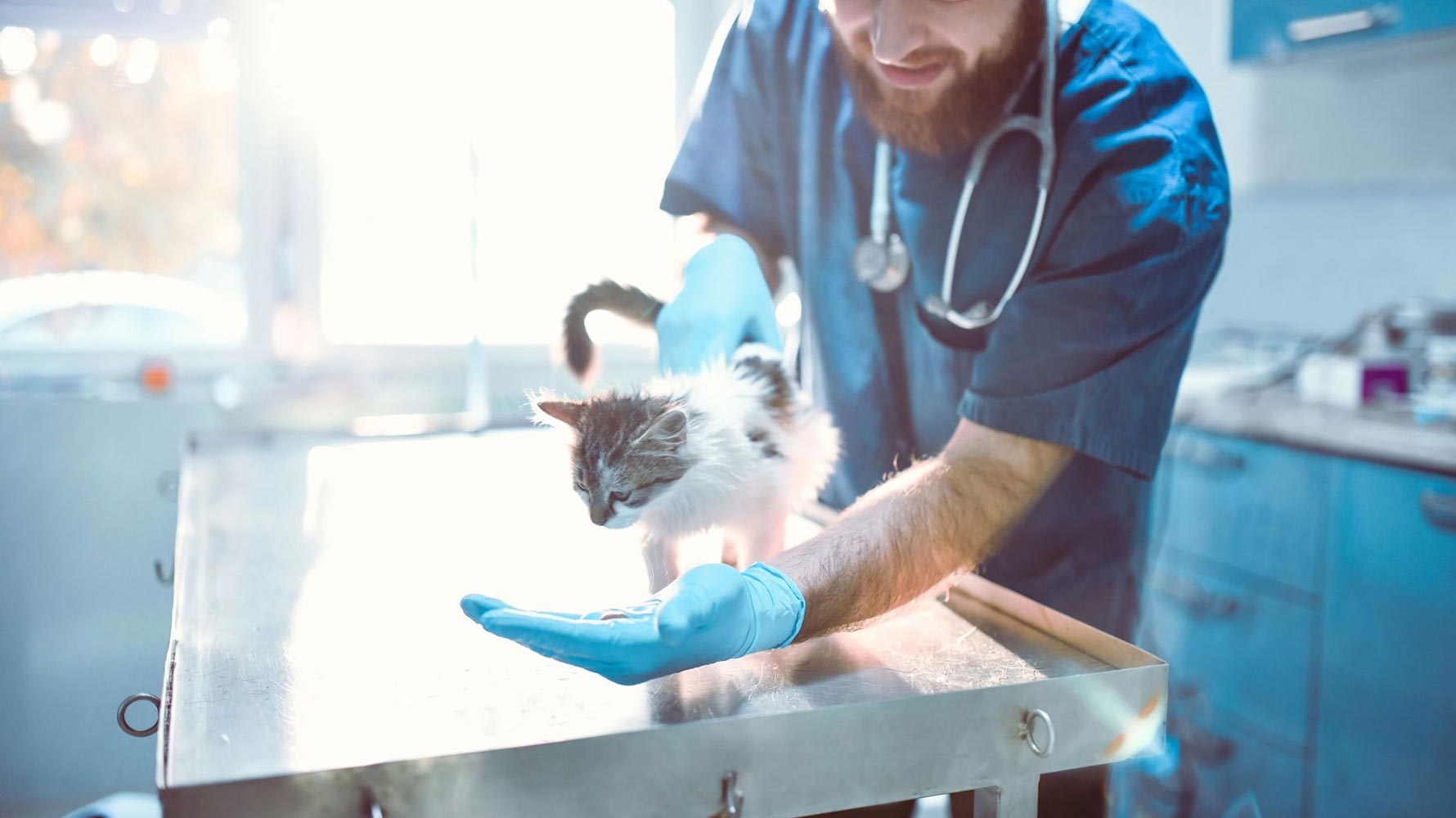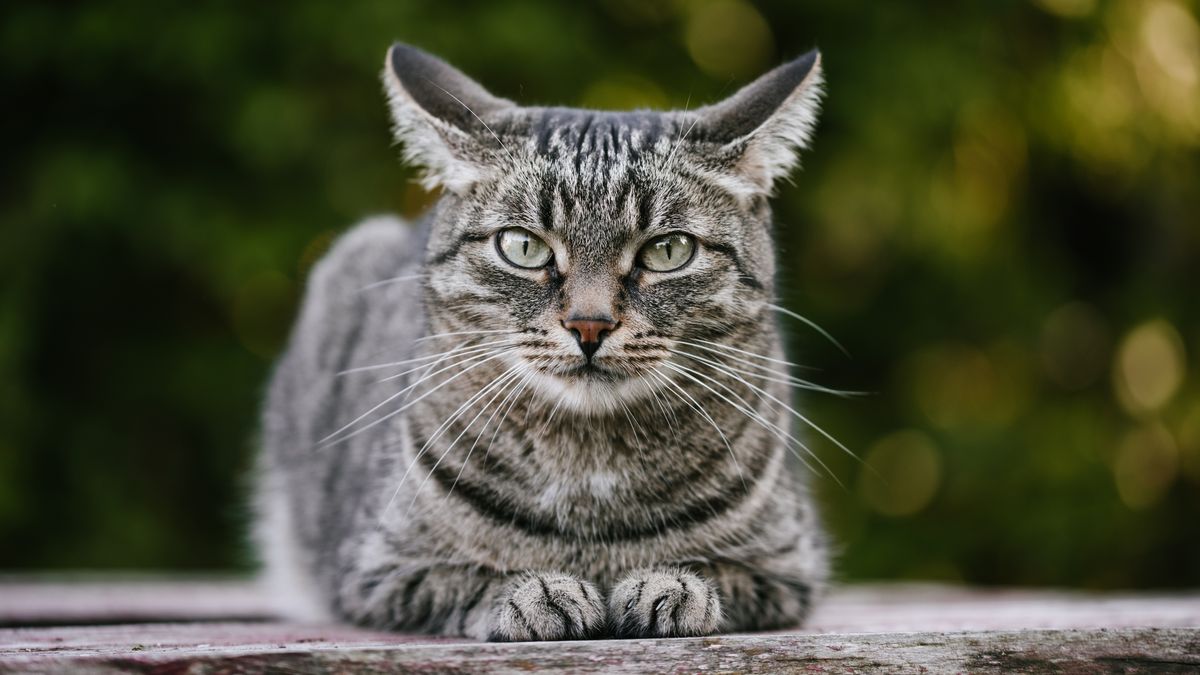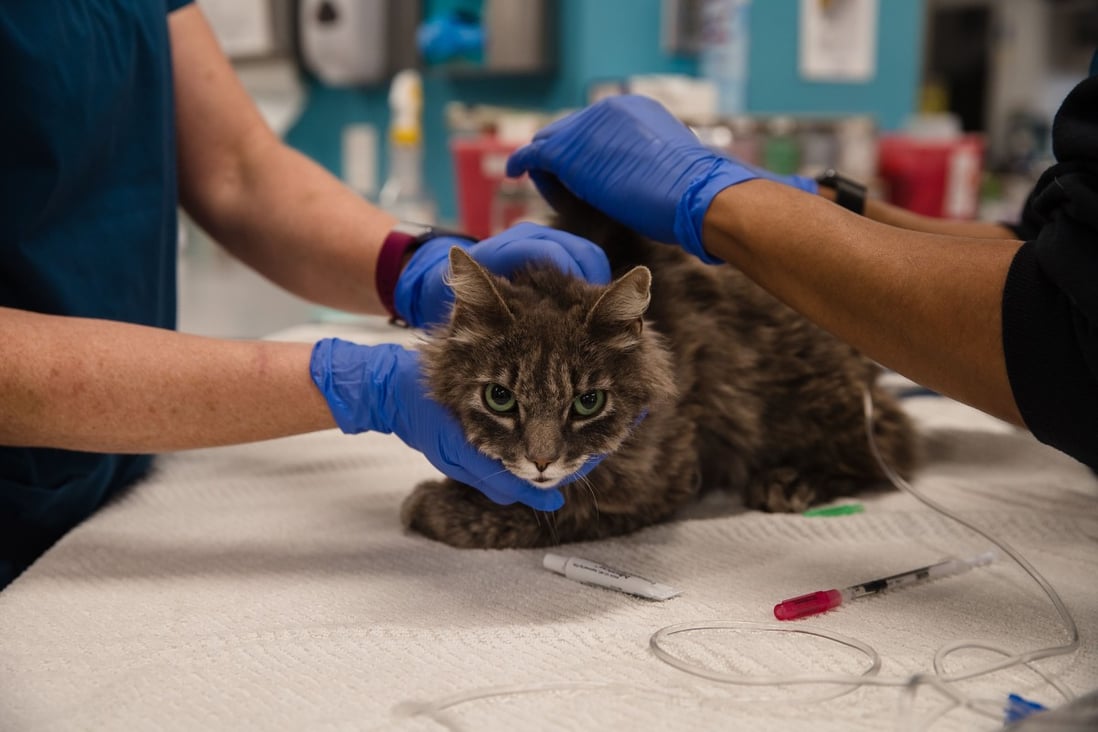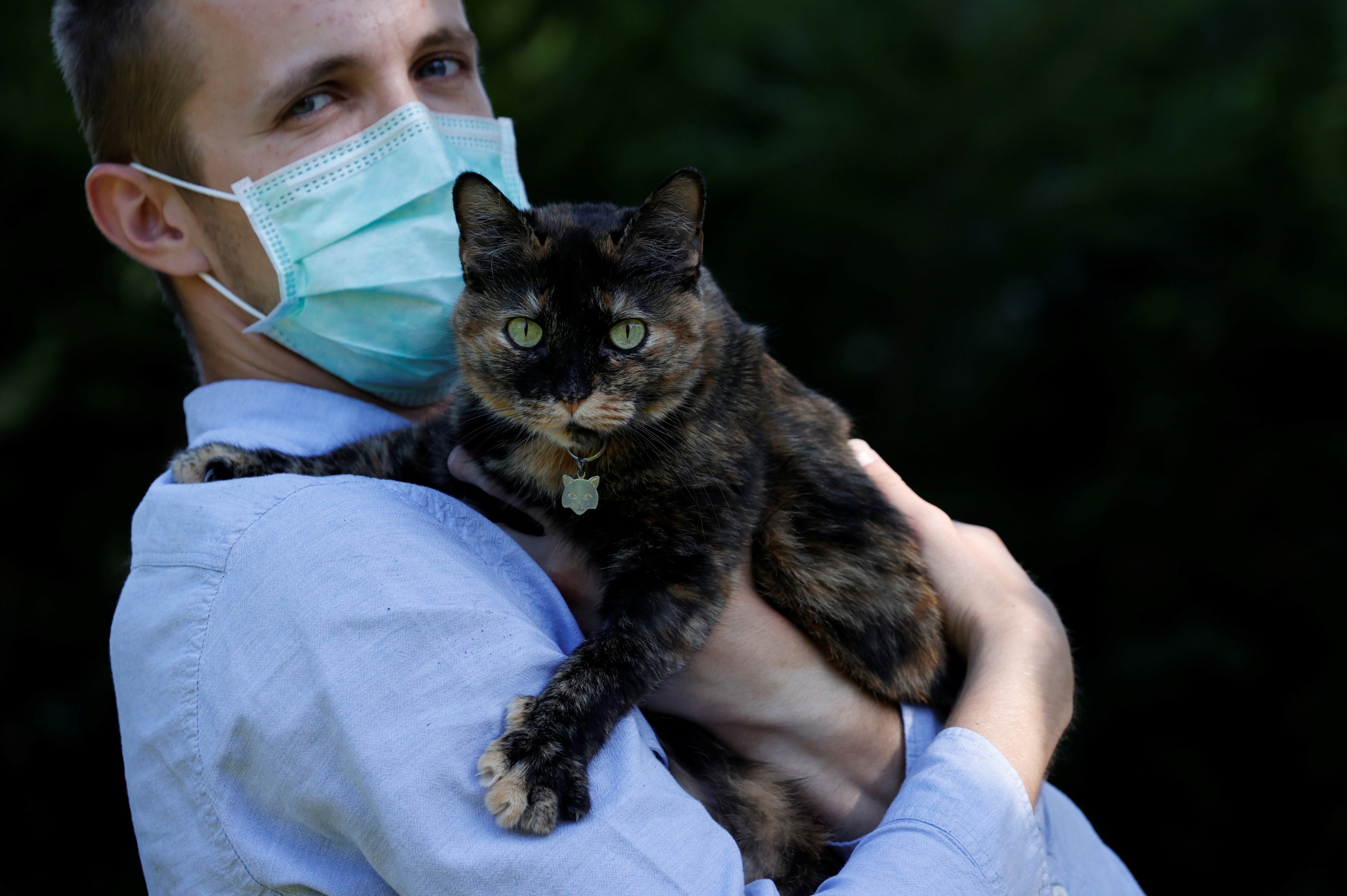Cats And Coronavirus Infection
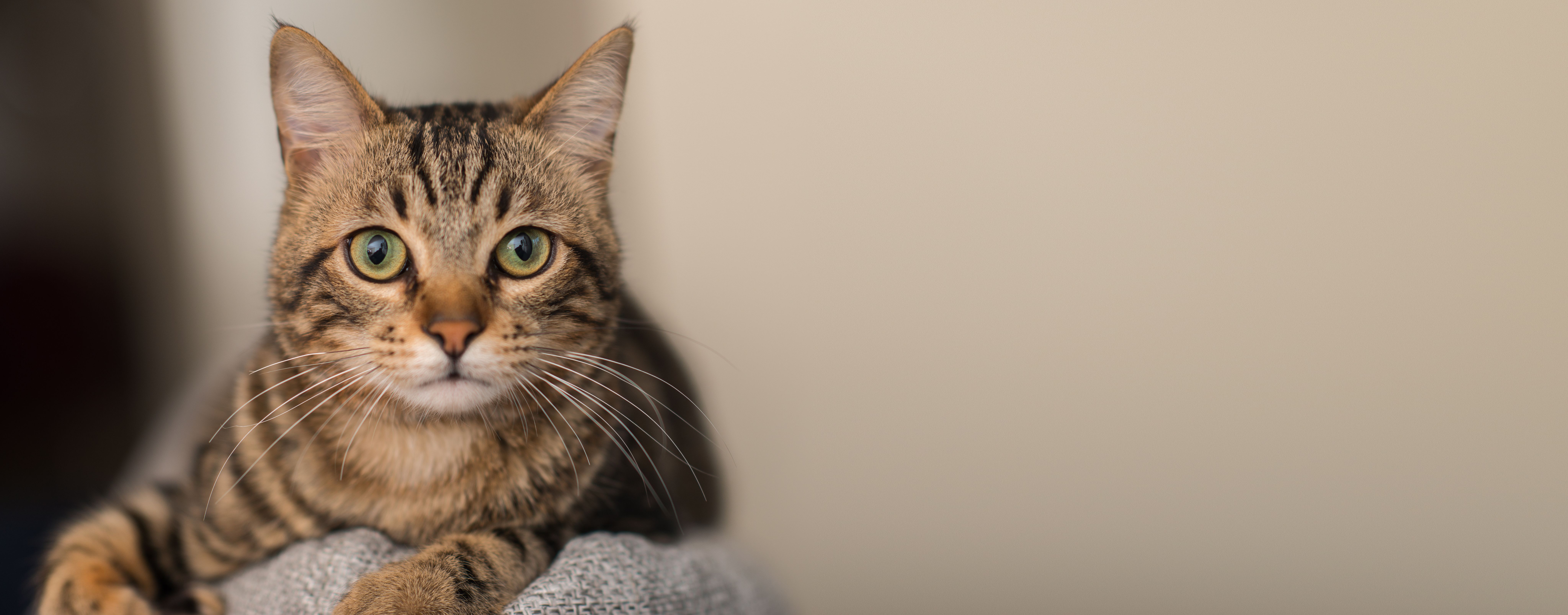
BEIJING - Three pet cats that tested positive for coronavirus were put down in the north-eastern Chinese city of Harbin state-backed media has reported leading to a social media backlash at what.
Cats and coronavirus infection. Coronavirus infection is extremely widespread in cats especially where large numbers of cats are kept together. It is estimated that 2540 of household pet cats have been infected with FCoV but the infection rate increases to 80 100 per cent for cats kept in multi-cat households or colonies. It is a common contagious virus that can be found in the faeces of cats.
FCoV is a common and contagious virus which is passed in the faeces of cats. The virus is shed in the feces by many seropositive cats. This virus has been designated feline enteric coronavirus to differentiate it from FIPV.
It is important to note that Feline Coronavirus FCov is not associated with the current coronavirus pandemic. It is more commonly found in multi-cat households and does not affect other animals or people. Fifteen of the cats had COVID-19 antibodies in their blood and 11 of those cats had neutralizing antibodies that bind to the coronavirus and block infection.
Researchers state that it is much more likely that humans are giving the virus to their pets rather than pets causing humans to become sick. We dont yet know all of the animals that can get infected. There are no reports of infection.
An enteric coronavirus that is antigenically closely related to feline infectious peritonitis virus FIPV is ubiquitous in the cat population. Household cats are more susceptible to coronavirus infection than dogs a new study has warned In the study the team looked at samples from blood serum collected from 239 cats and 510 dogs. What is Feline Coronavirus or FCoV.
Two cats from Spain are offering new insights into how felines respond to COVID-19 with scientists saying the animals appeared to have a robust immune response that protected them from developing. Look what the cat. The research team infected three cats with large doses of the virus that causes COVID-19 SARS-CoV-2 directly into both eyes both nostrils the mouth and the trachea windpipeThe infected cats were housed in pairs with uninfected cats.
